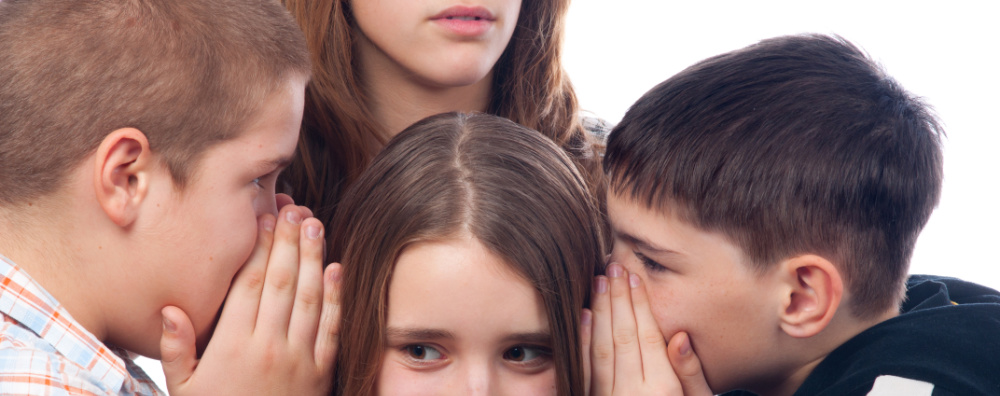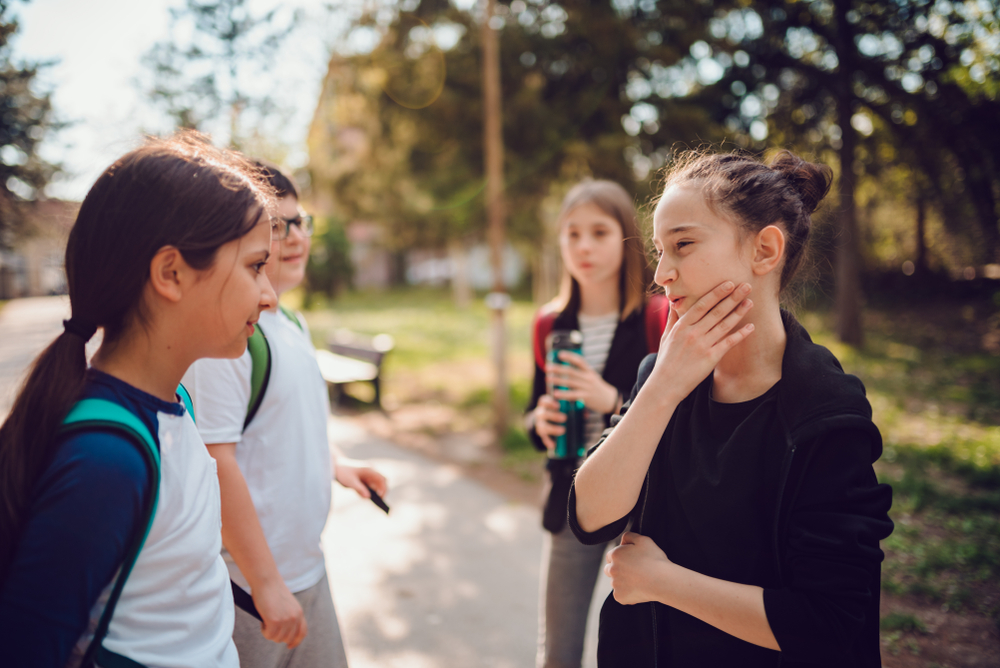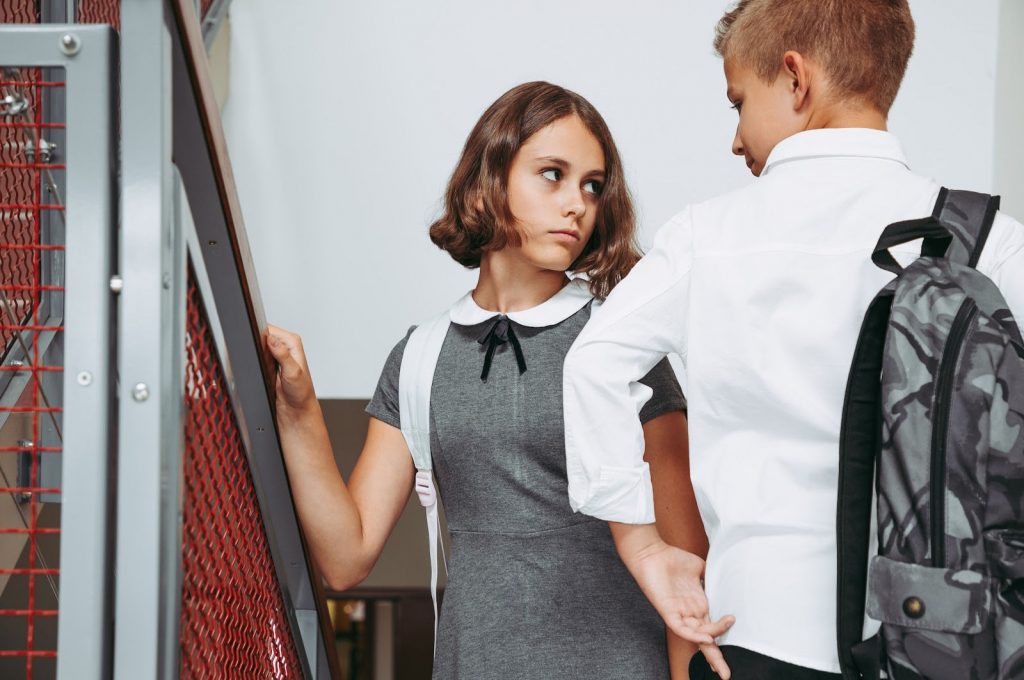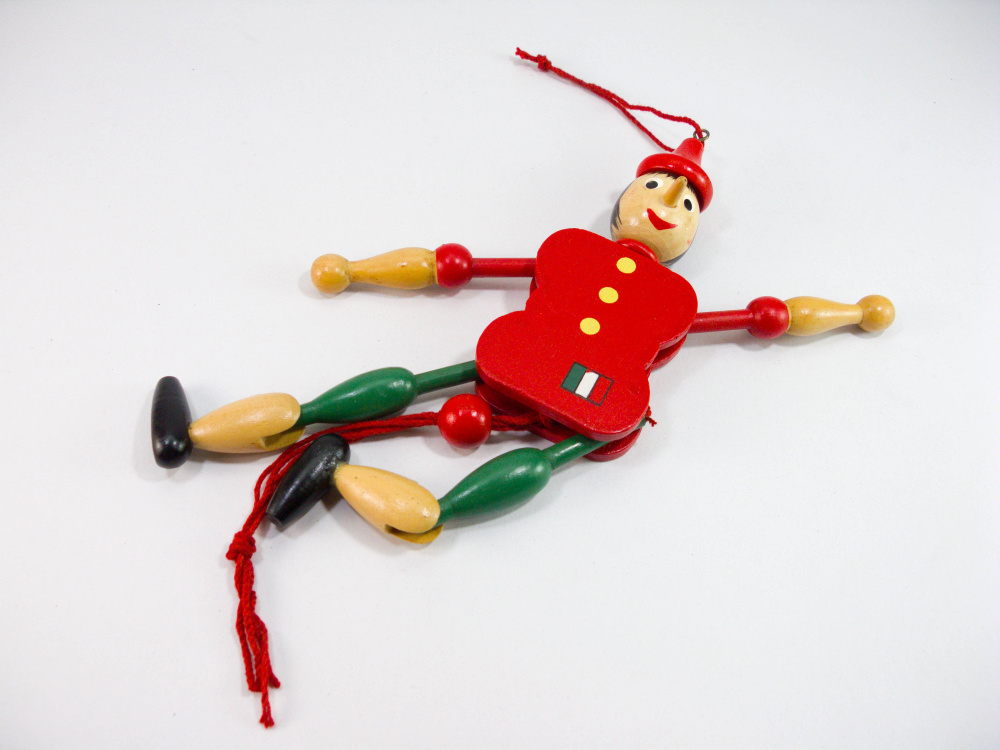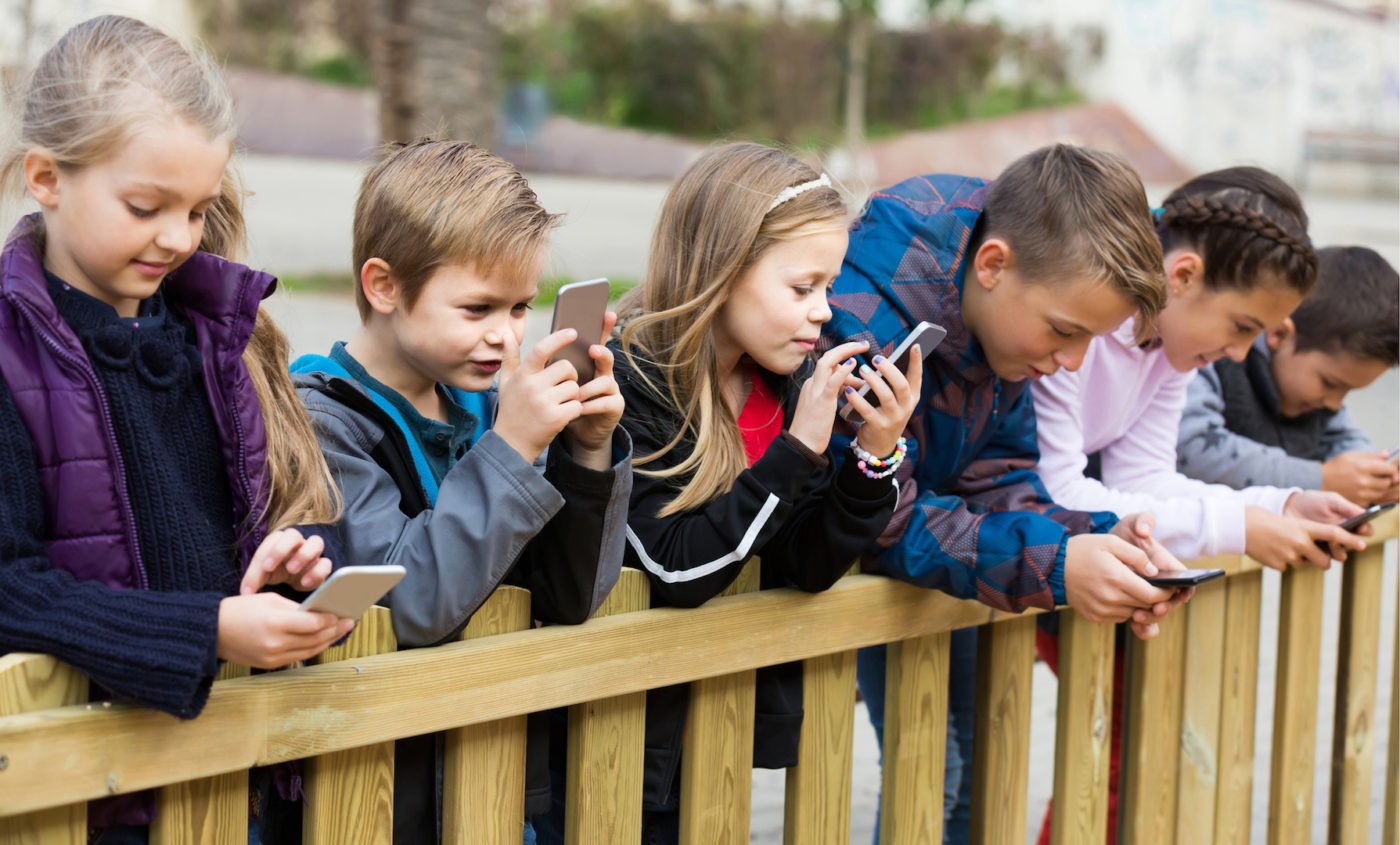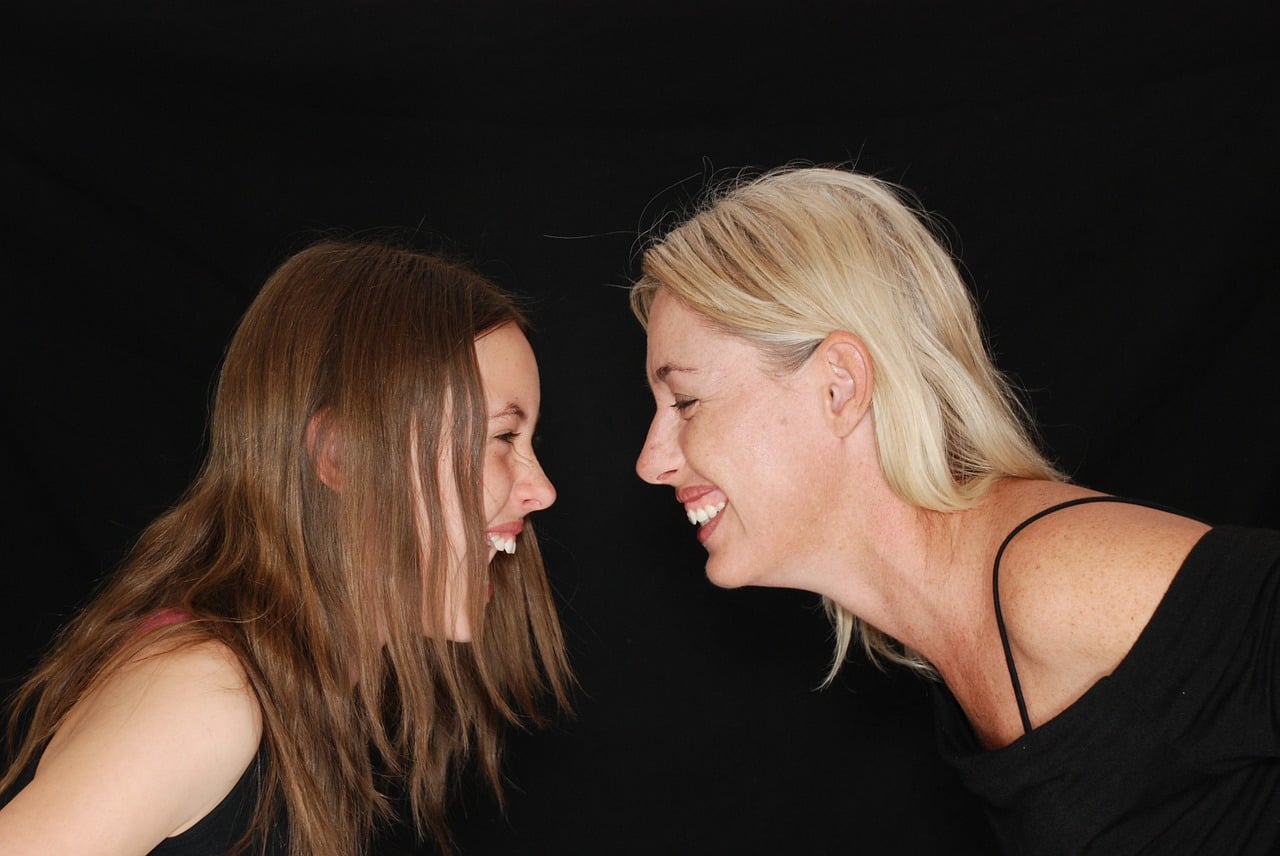A manipulative child can wreak havoc on the school playground. They may not even realise what they are doing, but their actions have a significant impact on their peers.
Jasmin is a young teen I tutor after school. She was really distracted yesterday and so I asked her what was going on. She started crying while telling me she is having problems with her friends.
It turns out that Jasmin’s ‘friend’, Ella, showed her a screenshot of some online chat that happened the night before. Girls had said Jasmin was annoying and boring. It was all right there in the screenshot. Jasmin was heartbroken.
What ensued at school was essentially a drama cyclone. There was lots of gossip, aggression, guilt, shame and hurt. Factions were created and support for both sides was garnered. There were texts, insta posts, and constant discussion. The drama was all-consuming, all day. Jasmin felt totally spent.
What was interesting in the retelling of this drama was that at the eye of the storm was always Jasmin’s friend Ella. Ella passed on the screenshots; Ella messaged everyone to say how upset Jasmin was. Ella got group chats together. Ella was the puppeteer pulling all the strings.
What is a playground puppeteer?
The playground puppeteer is the child who manipulates the social dynamics around them. Usually, they stay just out of blame’s way, but they constantly inflame situations. They say things like:
- I thought you should know…
- I’m just trying to help
- It wasn’t me, but some other kids were saying…
They are the child who earnestly shares personal information given to them in confidence. It’s always covered with statements like, “I said I wouldn’t tell anyone, but I’m worried about her”. Or, “I said I wouldn’t say anything, but you guys don’t count.”
They are frustrating because they are difficult to pin down and because other kids simply can’t see what is going on. Often, the other kids don’t have the social intelligence to see the manipulation but even if they do, they don’t know how to articulate it or call the behaviour out. After all, the manipulative child claims to be their friend.
These children and teens are not inherently bad. They have maladaptive social skills that need to be corrected. We need to remember that social skills need to be taught and it is the role of parents and teachers to work together to teach those skills.
Let me be clear… Demonising children is not helpful and can only exacerbate the problem. It is more helpful to think about why this happens and how we can help kids deal with these situations.
Why does a manipulative child behave this way?
There are lots of reasons for a child to be a puppeteer and very often they won’t realise they are even doing it themselves. Some kids just really like being in charge. It is rewarding to see others acting on their advice.
Sometimes these are kids who lack power in other situations, maybe in the classroom they aren’t as capable, or at home they have little personal control. Other times they are natural leaders who haven’t yet learnt to use their powers for good.
Some kids aspire to be popular and gossip and information are currency in popularity. Other people come to them for gossip. Unfortunately, these kids can’t see the difference between being popular and having friends. It’s a distinction we need to make for them.
Often a manipulative child lacks a sense of solid, healthy self-worth. If they can throw other kids off-balance, they feel much more balanced themselves. It is a maladaptive form of self-esteem. ‘I feel good because you feel bad’.
If a puppeteer can say, “I was only trying to help” or, “It wasn’t me who said it” they get a free pass at being mean. It is the opportunity to hurt someone without taking the blame. As the old saying goes, hurt people hurt others. It is worth looking at what is going on for a child who is behaving in a mean way. Mean-spiritedness doesn’t come naturally. It is learnt, often through personal experience as the victim.
School is dull for some kids. Sitting in a chair five days a week for 12 or 13 years, with the same kids, can get very monotonous! Biology has installed in children’s brains excitement-seeking mechanisms to ensure they seek out new experiences to help with growth and development. If a child isn’t engaged in learning at school, creating drama can provide that excitement.
Let’s face it, manipulation is glamourised on television and in film. A lot of the tv and Netflix drama targeted at tweens and teens is relationship-focused. Teens are at a time in their lives that is highly social, they are sorting out where they fit, so they pay attention to these tv shows. People who behave badly provide drama and ratings. In this way, manipulation becomes normalised for kids.
Finally, as much as we wouldn’t like to admit it, many adults are puppeteers too. It’s possible that if a child is behaving this way, the behaviour has been modelled for them. Whether it be by parents, older siblings or friends, kids have learnt that manipulation works.
Of course, none of this is cut and dry. There are so many factors at work.
How to cut the puppeteer’s strings
Most kids don’t enjoy drama. They get caught up in it, but in their quiet moments, they will tell you that it isn’t what they want. So how can we help address this behaviour?
1. Guide kids toward people they feel comfortable and safe with. Perhaps when they talk about the more controlling kids at school ask, “How do you feel around that person? Do you like yourself around them?”
2. Teach your child the value of being trustworthy and a safe person for others. Teach that lesson in what you say and what you do. Role modelling is incredibly powerful.
3. Equip kids with the skills to deal with confrontation. They need to be assertive without being aggressive in order to call out bad behaviour in others.
4. Teach kids how to avoid escalating drama. (Eg. Communicate face-to-face. It’s hard to be really nasty to someone while you’re looking at them. Don’t listen to or pass on gossip, don’t get sucked into the drama, walk away.)
5. There are some kids who truly believe they need to tell their peers when someone is gossiping about them. They know it will hurt but they see it as their ‘moral duty’. There is some re-education to be done there about, ‘Is it kind? Is it helpful? Is it necessary?’
6. Talk to your child about the problems caused by relying on digital communication. Encourage them not to send messages about other people. Ever. It might feel good in the moment, but it will come back to bite them.
7. Make sure your connection with your child is strong. When kids become teenagers, parents tend to think they don’t need us as much. They do! They just need us in different ways. They need us to be a guide. We need to keep them grounded, especially when the emotional part of their brain takes over.
Final thought…
My little Jasmin will be fine, she’s a bounce-back kind of kid. However, for kids who are vulnerable for any reason, this is a much more serious scenario.
Ultimately, we need to acknowledge that friendship skills need to be taught and kids need to be guided. We could leave kids to learn by trial and error but there is just so much collateral damage along the way. We can do better than that.

